We will discuss about what to help bloating decrease which food are best for stomach in this post.

Because of their jobs, the majority of individuals these days have forgotten to take care of their health. Poor lifestyle choices and improper food can weaken the digestive tract. It results in issues including bloating, constipation, and gas. The issue of flatulence has become widespread in modern times. Flatulence is also frequently associated with symptoms of gas and abdominal discomfort.
Bloating is mostly caused by hormone imbalances, eating too much fried food, sleeping too soon after eating, and not exercising. The diet must be altered in order to alleviate the flatulence issue. Some veggies might give you gas and bloating.
Which remedies what to help bloating decrease
Certain meals may actually have the opposite effect of bloating; this is because they have a higher tendency to create gas, constipation, or water retention.
Turmeric
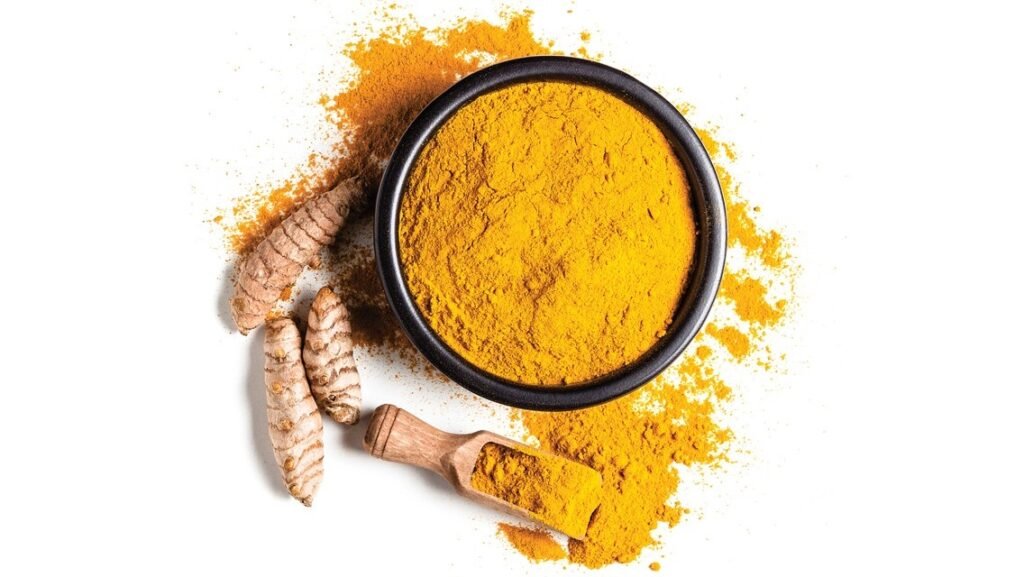
Turmeric is considered to be particularly important in Ayurveda. Let us tell you that turmeric contains the antioxidant curcumin. It reduces intestinal inflammation and balances the flora in the gut all at once. When taken frequently, turmeric relieves stomach problems. To create this tea, combine turmeric, ginger, pepper, and honey with boiling water. Drinking this tea helps with the bloating issue.
Tea with ginger and lemon
All of them drink ginger tea. However, raw food is also an option. Its digestive qualities help to improve our digestion. Furthermore, it fosters beneficial microorganisms. Indigestion and acidity can be alleviated by drinking ginger and lemon tea rather than milk tea. Bowel-related issues are said to respond well to this tea.
Garlic
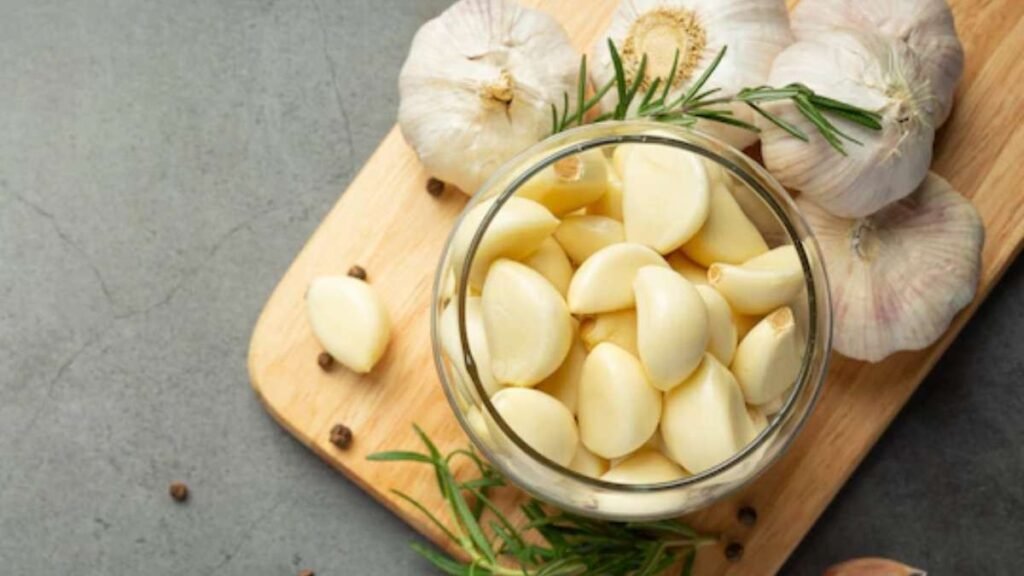
Garlic also has prebiotic properties which maintain the gut bacteria. The anti microbial properties found in garlic keep our digestive system strong. It keeps our digestion right.
Ajwain
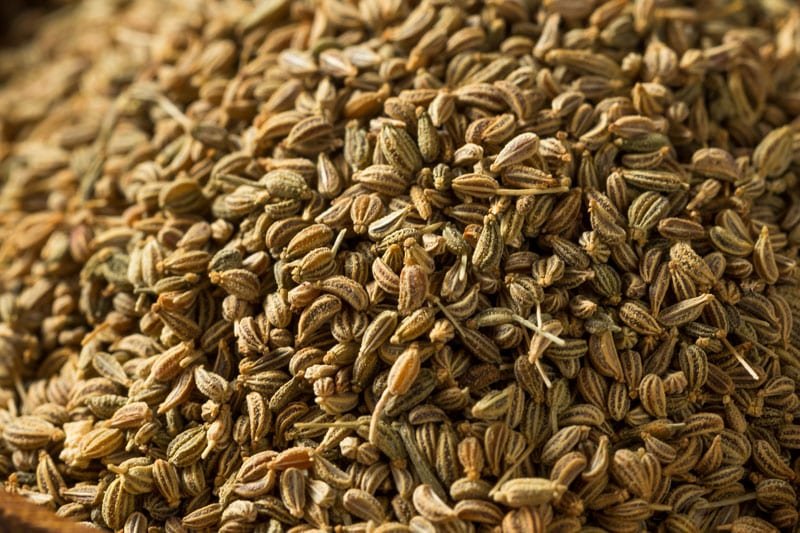
Everyone has probably tried ajwain recipes for bloating or stomach gas. For generations, people have utilized it to maintain a healthy stomach. It has substances like thymol in it. This maintains the intestinal system in good condition.
Antibacterial qualities abound in ajwain. Gas relief, acidity and indigestion relief, and stomach pain relief are all brought on by its ingestion. Ajwain can be used in several forms to relieve gas.
Ajwain Tea
Boil half a teaspoon of ajwain in a cup of water to create ajwain tea. After straining the hot water into a cup, sip it as you would tea. Ajwain tea helps cure gas and bloating.
Ajwain water
For a whole night, soak half a teaspoon of ajwain seeds in a glass of water. Warm up this water a bit and sip it in the morning. By drinking this water, flatulence, acidity, and gas are alleviated. If used regularly, it also helps with weight loss.
Ajwain and Lemon
To swiftly get rid of gas, you might take Ajwain and lemon juice together. Squeeze in a little lemon juice, add a little teaspoon of Sanchal, then mix with a spoonful of ajwain. Water is drinkable on it. The therapy relieves gas.
Mint
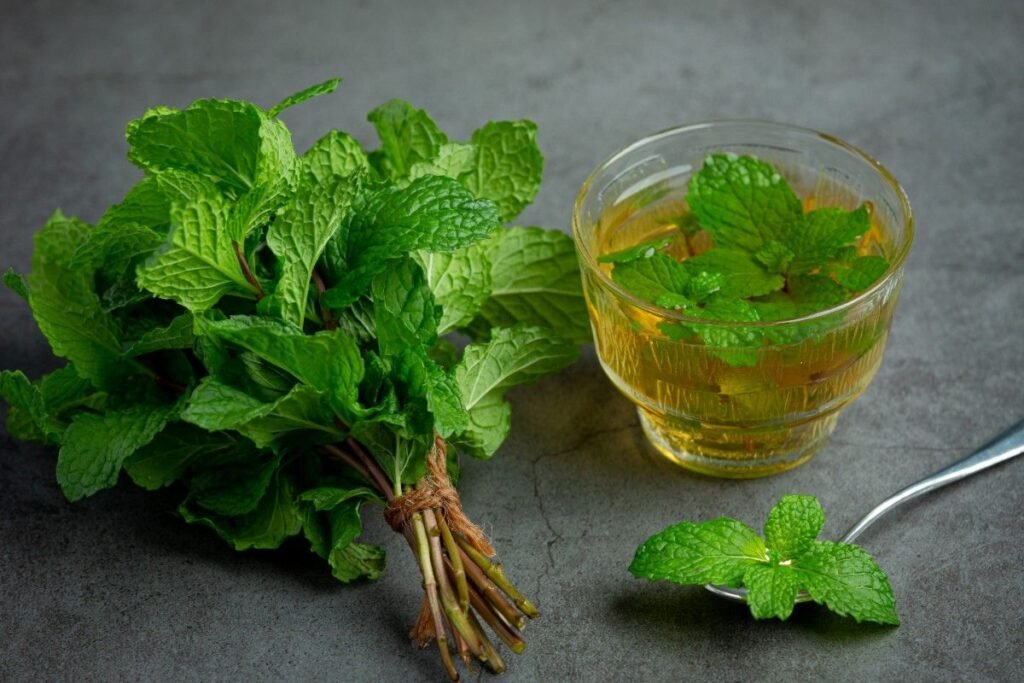
We also maintain a clean tummy by eating mints. Our digestion is accelerated by it. Furthermore, it alleviates issues such as flatulence, heartburn, and nausea.
A drink made with cucumber, mint, and lemon can help reduce bloating when consumed. Stomach cool with mint. The body is detoxified by cucumber and lemon. For good health, its antioxidant qualities are highly important.
Pink salt water
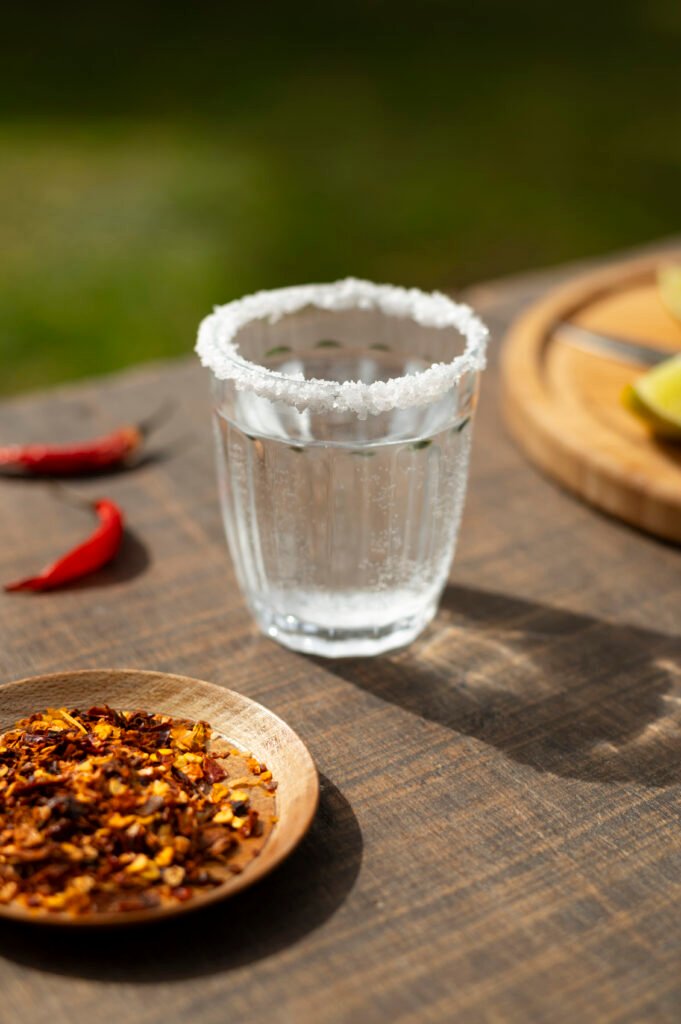
You can start the day by consuming pink salt water. For that boil ginger in water, now mix salt and honey in it. You can consume this drink after it is warm.
Cumin water
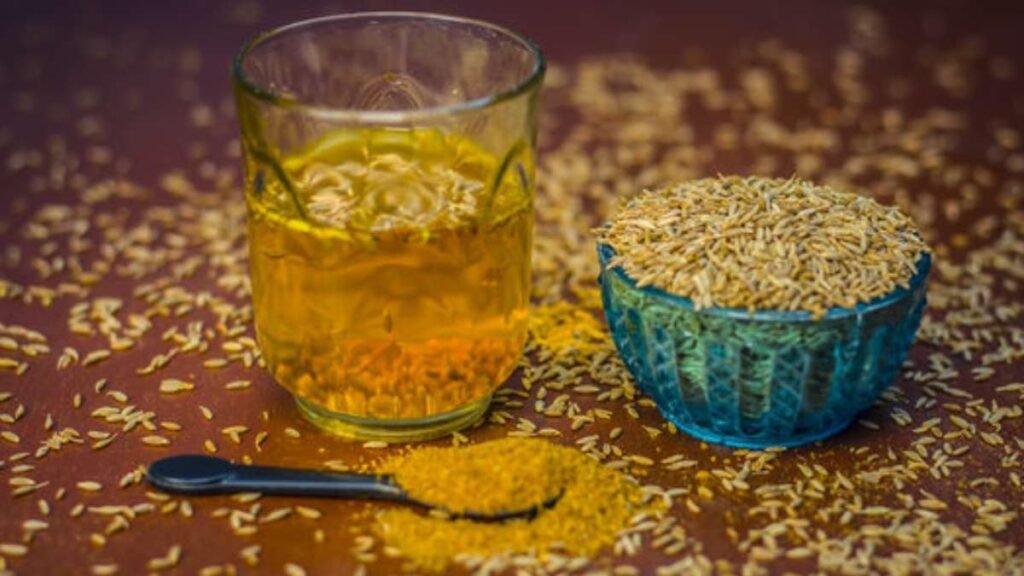
Water with cumin is high in antioxidants. In addition to detoxifying the body, the carminative impact helps to keep the stomach cool. Drinking cumin water first thing in the morning on an empty stomach reduces inflammation and acid reflux.
Cloves
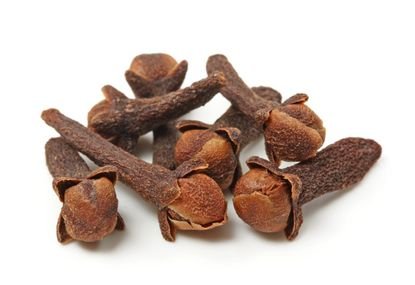
First thing in the morning, it is thought to be beneficial for the stomach to chew two cloves on an empty stomach. Cloves offer antimicrobial and digestive system support.
Basil leaves
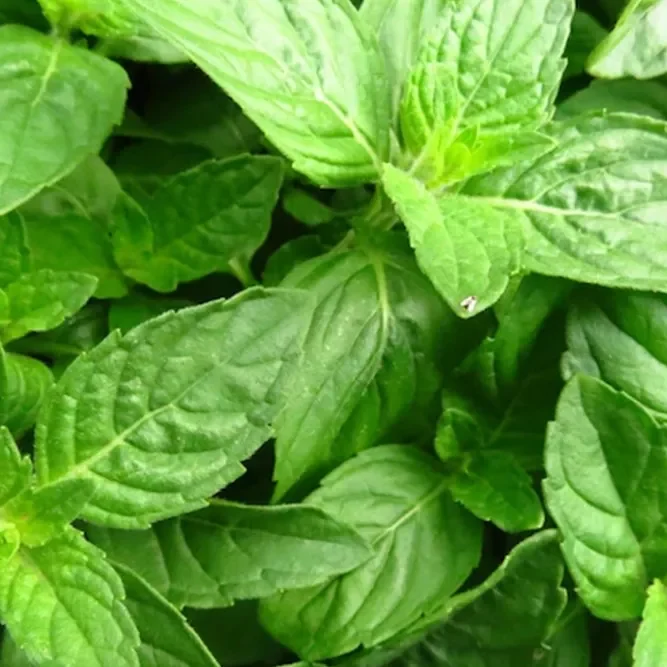
Chewing on basil leaves can also help reduce stomach heat. The qualities of basil leaves help to soothe an upset stomach. It also possesses anti-inflammatory and antioxidant qualities. The burning in the stomach is instantly relieved.
Barley and Gram
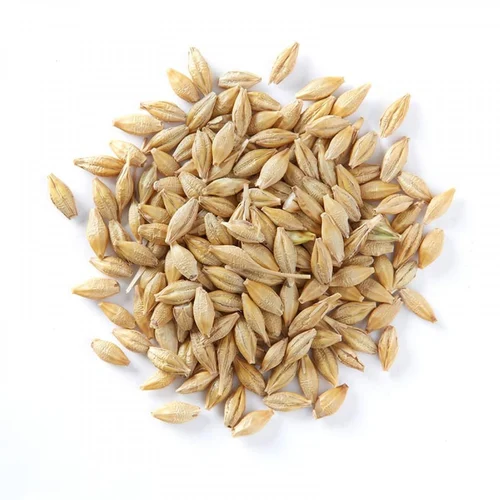
Consume less handmade breads. Make and consume roti made with gram and barley flour instead. It has relatively little in the way of calories and carbs.
Bananas
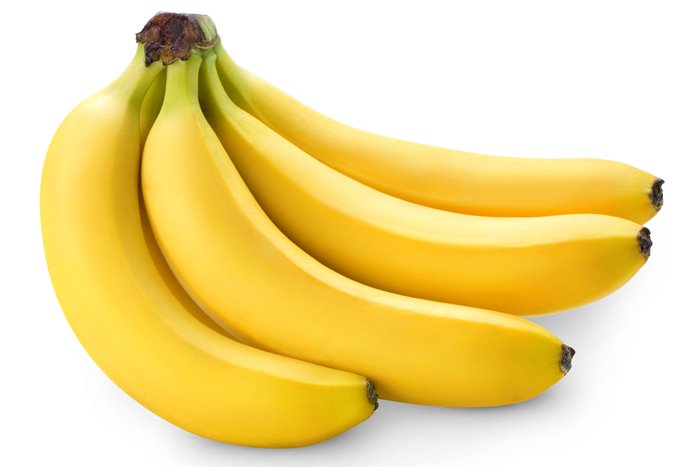
A banana is the best food for an upset stomach. Even in cases when gastrointestinal issues arise, bananas are quite advantageous. This aids in the treatment of stomach infections as well.
Jambu
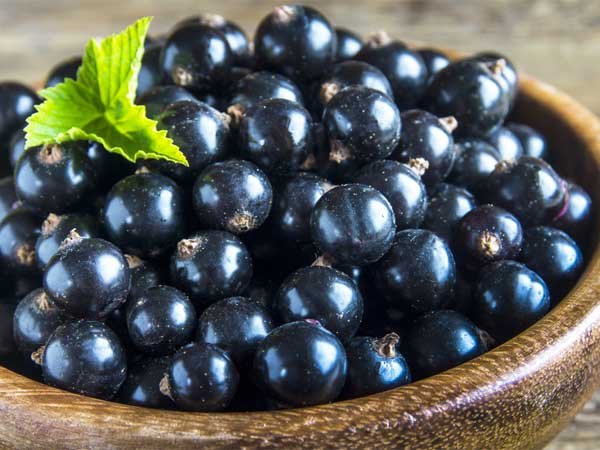
Patients with diabetes can benefit greatly from jambu, and its tiny, delicate leaves can help with digestive issues. Chewing and consuming jambu leaves is advised in cases of upset stomach. It reduces heat in the stomach.
Increase your diet’s fiber intake
Fiber supports healthy digestion. Additionally, it relieves bloating and constipation. However, it should be remembered that consuming foods high in fiber might result in gas issues. So make sure your diet is balanced with fiber. One may supply the body with the necessary amount of fiber by incorporating certain fruits and vegetables into their diet.
Reduce your salt intake
Overconsumption of salt might exacerbate issues connected to the stomach. Overindulgence in meals high in salt can result in stomach swelling as well as edema in other body areas. An excessive amount of salt can raise blood pressure.
Exercise and yoga

Make time for exercise every morning to keep yourself in excellent health. Along with keeping digestion in check, it reduces flatulence. By removing extra gas from the stomach, exercises like yoga and walking offer comfort. Walking can ease the symptoms of constipation and swelling stomach. Light exercise is sufficient for you if you walk for fifteen to twenty minutes and perform some jumping exercises for ten to fifteen minutes.
Chew your meal
The dietitian advises chewing meals methodically and gently at all times. This speeds up digestion and ensures that meal has enough nutrients. Bloating does not occur when food is properly digested.
Change life style
- In the morning, make sure you get out of bed gently because waking up abruptly might exacerbate stomach issues.
- In order to improve blood circulation and reduce muscular tension, inhale deeply a few times.
- Consume coconut water for wellness. Electrolytes are found in coconut water. This lowers abdominal fat and obesity.
- To ease constipation, sip warm water in a glass with a lemon.
- Eat meals that digest quickly for breakfast. Eat fruits, nuts, pulses, curd, and pulses.
- Chew gently to facilitate the breakdown of food.
- Steer clear of large meals all at once. Instead, space out your meals throughout the day.
- Reducing food intake and consuming little quantities of water throughout the day might assist maintain a healthy metabolism.
- Hydration facilitates bowel motions and reduces the risk of a gastrointestinal flare-up.
- Include herbal teas in your everyday regimen, such as ginger, peppermint, and chamomile.
- Walk or do yoga for a little exercise in the evening. This lessens tension and improves digestion.
- Consume food that is readily digested at night.
- Consume lean meats, nutritious grains, and steamed vegetables. When going to bed, steer clear of heavy, fatty foods to prevent acid reflux.
- After eating, sleep for around three hours.
- Pranayama, meditation, and, if you can, a warm water bath before bed
- If you need to elevate your upper body while you sleep, use a cushion. If you must drink water with eating, sip on some warm water.
- At least two hours after eating, drink milk.
FAQs
Q: Does hydration alleviate bloating?
A: Drinking water helps lessen the chance of constipation, which can contribute to bloating. It is advantageous for general health as well.
But, it’s recommended to abstain from drinking anything during meals if you’re prone to bloating, since this may raise the danger. Rather, refrain from drinking anything after eating for one hour.
Q: Is weight gain caused by bloating?
A: Although bloating frequently affects individuals who are obese and has been associated with recent weight gain, there is no proof that it causes weight gain itself.
